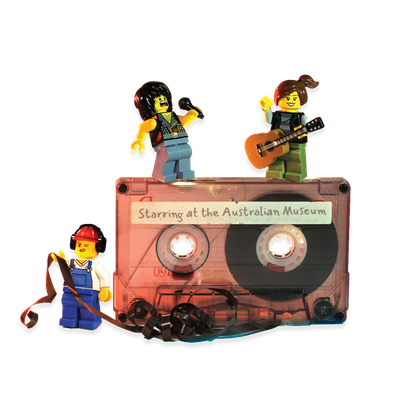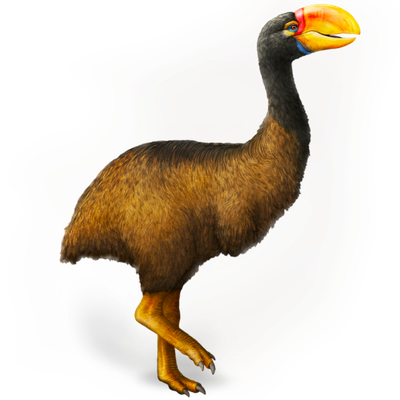Your search returned 135 results
By Page Type
By Tag
- All
- fish (966)
- blog (696)
- fishes of sydney harbour (401)
- First Nations (299)
- Blog (236)
- AMRI (169)
- archives (164)
- Eureka Prizes (146)
- Aboriginal and Torres Strait Islander (135)
- insect (126)
- Ichthyology (124)
- geoscience (109)
- minerals (102)
- climate change (100)
- podcast (94)
- Fish (91)
- Anthropology (89)
- International collections (80)
- Minerals Gallery (78)
- wildlife of sydney (78)
- Labridae (77)
- frog (74)
- gemstone (70)
- history (64)
- photography (64)
- Mollusca (60)
- gem (59)
- staff (59)
- Birds (56)
- Gems (56)
- Indonesia (56)
- education (56)
- shark (55)
- AMplify (54)
- people (53)
- earth sciences (50)
- past exhibitions (50)
- exhibition (49)
- Gobiidae (48)
- sustainability (46)
- Pomacentridae (45)
- Serranidae (44)
- lifelong learning (42)
- science (42)
- Earth and Environmental Science (41)
- Syngnathidae (41)
- Ancient Egypt (40)
- Bali (40)
- bird (40)
- dangerous australians (40)
-
Genocide in Australia
https://australian.museum/learn/first-nations/genocide-in-australia/The term genocide has been previously controversial when being applied to Australian History, so why use the term genocide? We need to use the term genocide so we do not minimise the legacy of the colonisation and how the effects contemporarily manifest themselves.
-
The Stolen Generation
https://australian.museum/learn/first-nations/stolen-generation/The phrase Stolen Generation refers to the countless number of Aboriginal and Torres Strait Islander children who were forcibly removed from their families under government policy and direction.
-
Land Rights
https://australian.museum/learn/first-nations/land-rights/Land Rights refers to the struggle for legal and moral recognition of the ownership of the land and waterways that were home to the Aboriginal and Torres Strait Islander peoples of this country prior to the colonisation that occurred from 1788.
-
Native Title
https://australian.museum/learn/first-nations/native-title/Native Title is the Australian Government response to the land rights movement of Aboriginal and Torres Strait Islander peoples, which progressed to legal agitation in the Australian Courts.
-
Fire management on Country
https://australian.museum/learn/first-nations/fire-management-country/You do not need to be a scientist to know that the environment is sick. That how we are managing Country is not working and things need to dramatically change.
-
The differences between hazard reduction burning and Cultural Fire practices
https://australian.museum/learn/first-nations/cultural-fire-practices/There is a lot of misunderstandings around the different techniques used for burning. The language used to label these may be different but they all have the same purpose and used with the same intent.
-
Always Was, Always Will Be, Aboriginal Land
https://australian.museum/learn/first-nations/always-will-be-aboriginal-land/The history of an iconic declaration of resilience.
-
bugia naway gabun buridja (Learn Today from Yesterday for a Better Tomorrow)
https://australian.museum/learn/first-nations/unsettled/signal-fires/learn-today/Carved spotted gum from bushfire- ravaged Country by Uncle Noel Butler, 2021.
-
jumalung (Platypus) Coolamon
https://australian.museum/learn/first-nations/unsettled/signal-fires/jumalung-coolamon/Gifted by 74 men as a representation of Yuin Gurandgi land and lore from the timeless connection of spirit through Uncle Max Dulumunmun Harrison, 2021.
-
Ceremony Wear for Granma Coomee
https://australian.museum/learn/first-nations/unsettled/signal-fires/ceremony-wear/Sharon Mason, Aunty Vivian Mason, Ashweeni Mason, and Savitri Mason, 2019
-
Discover more
2025 Australian Geographic Nature Photographer of the Year
Special exhibition
Free entry
Now open -
Discover more
Unfinished Business
Special exhibition
Free entry
Now open -
Find out more
Surviving Australia
Permanent exhibition
Free entry
Now open![]()
-
Find out more
Burra
Permanent kids learning space
Free entry
10am - 4.30pm![]()
-
Discover more
Minerals
Permanent exhibition
Free entry
Open daily![]()





